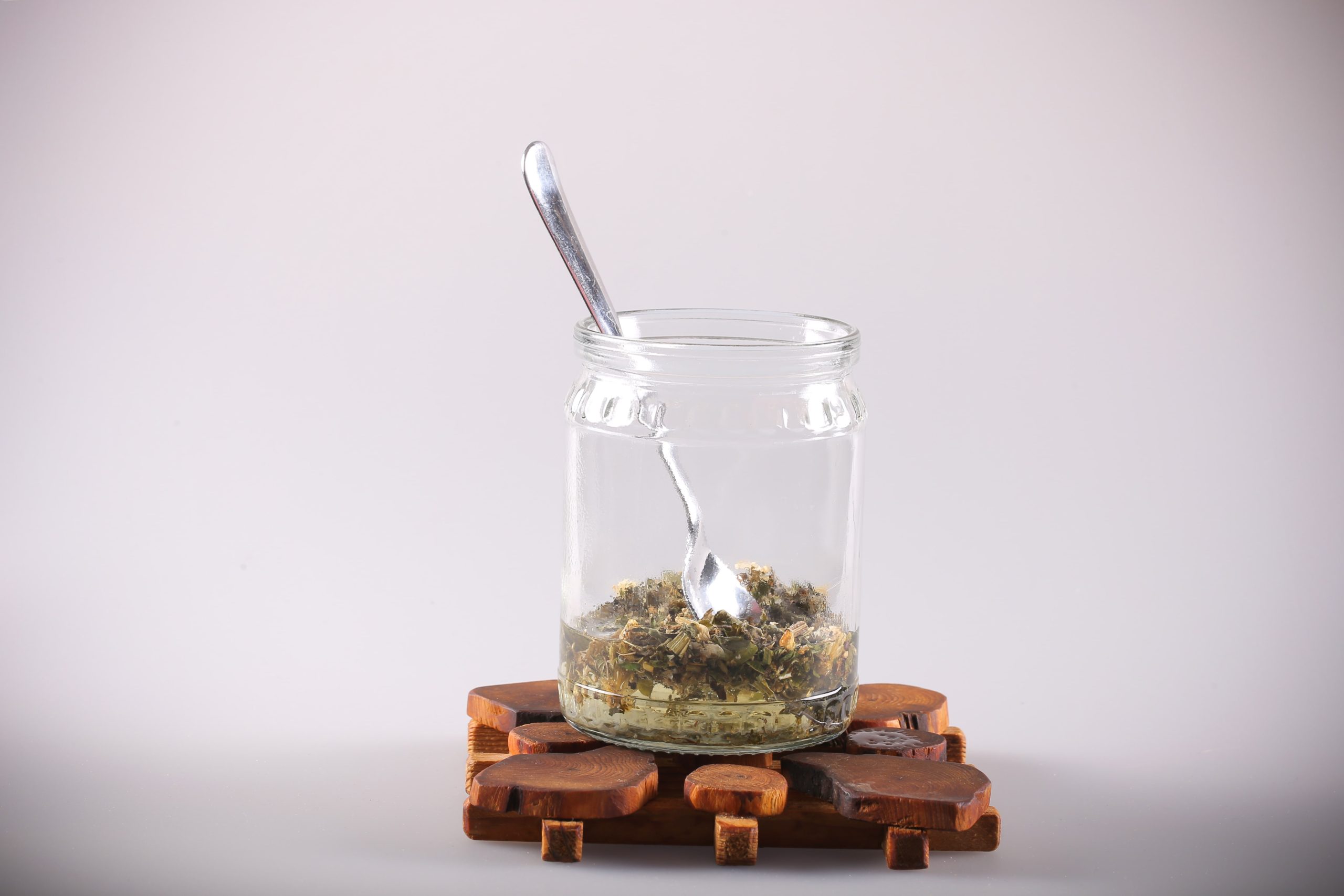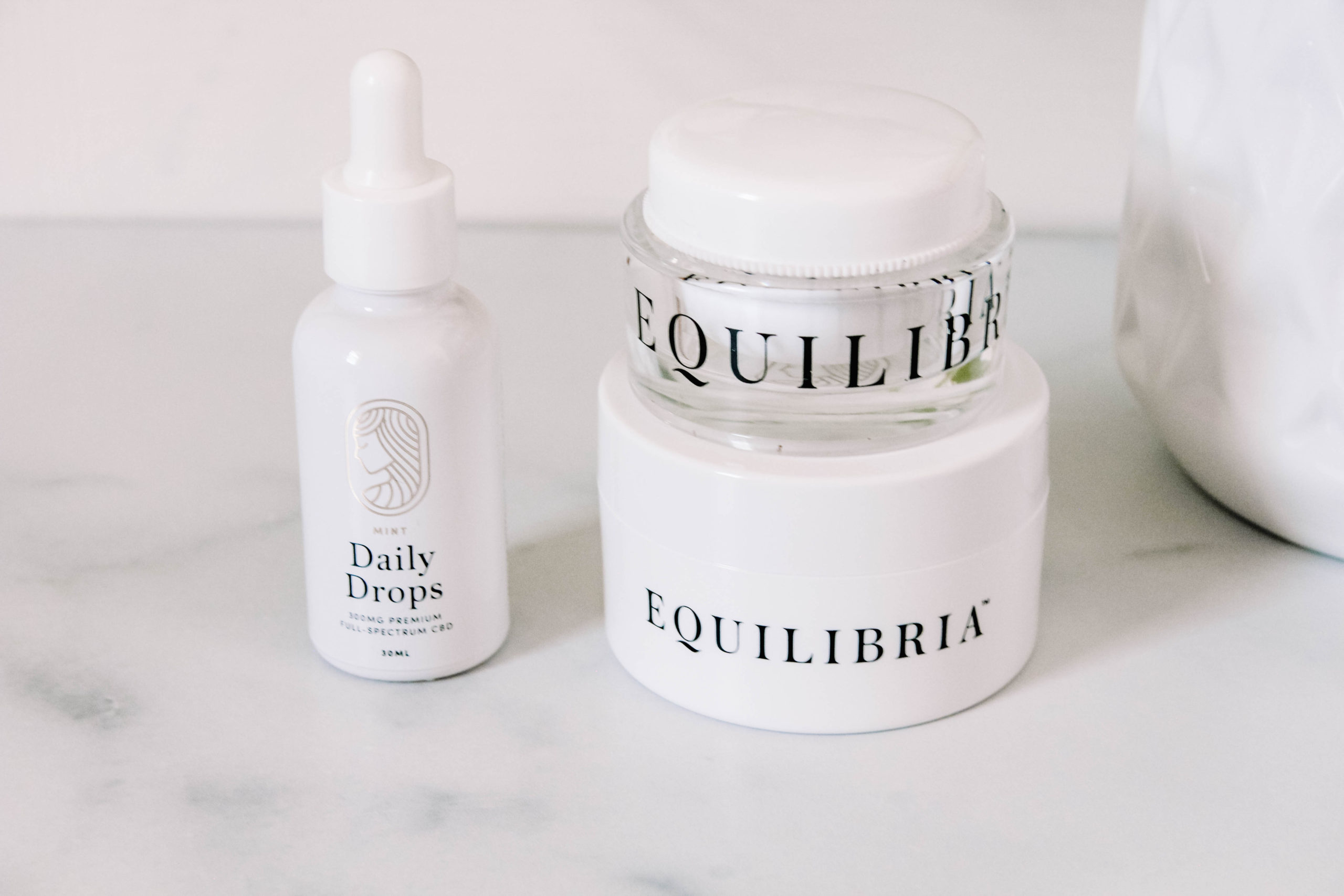Last updated on November 8th, 2021 at 05:16 pm
Autoimmune conditions are very common among the general population these days – but let me be clear, commonly does not mean normal.
If you have an autoimmune condition, you may on occasion experience what is called an autoimmune “flare-up,” This simply means that for a period of time you may experience worsened symptoms.
I want to encourage you, that should you suffer from an autoimmune disease, look into the most unexpected root causes. I was diagnosed with Hashimoto’s almost nine years ago, I have done all the things right, followed all the protocols, taken all the supplements, supported my liver in all the ways – and even though it was beneficial and had a positive effect on my overall health, it still didn’t take care of the root cause of the problem. Come to find out I had a nasty jawbone infection from my wisdom teeth extraction 15 years ago that has been festering and brewing – not to mention my amalgam fillings.
It is important to realize that when your body is showing you a variety of not-so-great symptoms, it is simply waving a flag to let you know that something is not in balance and that something needs to change.
10 Steps to take during an autoimmune flare-up:
1. Reduce stress. This is and will always be on the top of the list, to help reduce symptoms. When the body is experiencing a flare-up it is under a huge amount of stress, so it is extremely important to do every and anything you can within your power to relax and support your immune system.
The first step is to determine what kind of stressors are present, and then to take the steps to reduce them.
♦ emotional stress
♦ mental stress
♦ physical stress
♦ environmental stress (toxic skincare or cleaning supplies, tap water, etc)
It is important to understand that something like intense exercise (physical stress) can contribute to worsening symptoms during a flare-up. It is better to reduce exercise to walking, stretching, or rebounding to support and help the body recover quicker.
2. Prioritize sleep. Your body needs sleep in order to rest, restore, heal, and detoxify. Sleep is so important for overall health, but even more so when experiencing a flare-up. Allow yourself all the downtime to heal. If you are struggling with sleep or insomnia you can read my natural sleeping tips here.
3. Prioritize time in the sun. Not only does the sun produce and provide vitamin D, but it also has a calming effect on the nervous system, and helps regulate the natural circadian rhythm for optimal health.
4. Eat nutrient-dense foods. Remove all processed foods and artificial sugars/sweeteners from the diet, and focus on nutrient-dense whole real foods, this step alone will support the body instead of causing further stress. This will give the body all the necessary nutrients to repair and bring itself back into balance.
5. Stay hydrated. Staying hydrated is so important because it helps the body to be able to transfer nutrients and hormones into cells, regulates body temperature, and improves oxygen delivery into cells.
Filtered water with a pinch of sea salt, raw milk, meat stock, or broth (chicken or beef), herbal infusions, and orange juice with a scoop of collagen are all great choices to stay hydrated while ensuring adequate mineral balance.

6. Avoid raw vegetables. When the body is in a state of stress, it will have a harder time than usual to properly digest food, so eating cooked vegetables will be much easier on the digestive system and the entire body.
Always eat your cooked veggies with a healthy source of saturated animal fats (pastured ghee, butter, tallow, etc) as they enable the body to utilize all the fat-soluble vitamins in the vegetables.
7. Drink meat stock. Meat stock is a little different from bone broth because it is cooked for a shorter time. Meat stock is very rich in gelatin and amino acids (proline and glycine.) These two amino acids in connection with the gelatinous protein from the meat and connective tissues are very beneficial in healing the connective tissue in the gut lining. Meat stock is also easy to digest, and packed with minerals.
It is a good idea to drink meat stock daily to support the body during a flare-up and to continue this habit for the following three months.
8. Supplement magnesium. When we are stressed (being sick is a stressor as well as an overload of artificial sugar), the first mineral that the body grabs and burns through is magnesium. Replenishing the body with magnesium in the form of a magnesium flakes bath or consuming more magnesium-rich foods {dried figs, cultured dairy, dark chocolate, etc} can be very helpful. I love the idea of magnesium baths because it forces you to slow down and relax. All you need to do is: is add 1-2 cups of magnesium flakes to a warm bath and soak for 20-30 minutes. I love making my baths a little more luxurious with a few drops of my favorite essential oil. This lotion is also a great option to increase magnesium levels topically. I always recommend getting a variety of the different kinds of magnesium when supplementing – I love Smidge Morning and Evening Magnesium (available on my Fullscript dispensary), as well as this liquid form.
9. Don’t do any cleanses or detox protocol. Did you know that the body needs to be in a rested state as well as have a great adrenal function in order to properly detoxify? As mentioned before, when the body is experiencing a flare-up, it is also experiencing an extreme state of stress, so it is not wise to add a detox protocol on top of the already stressful situation. This will only cause more negative symptoms.
It is completely fine to support the body in gentle practices like dry brushing, or castor oils packs, but I don’t recommend doing a cleanse of any sort, long sauna sessions, or anything else that may add to the stressful situation your body is already experiencing.
10. Talk to your practitioner. Don’t suffer by yourself, practitioners are there to support and guide you in your healing journey – if they don’t find a new one. Sometimes medications need to be adjusted, or supplements may need to be added or reduced in a protocol in order to see progress.
I will also note that if you have been intently following a protocol for 9 months to a year, and very severe flare-ups continue to rear their ugly heads, it is a good idea to talk to your practitioner about a new protocol plan. If you are on the right protocol for your body, you should see improvements, continued flare-ups are simply a sign that maybe your current protocol isn’t a good fit for you.
Disclaimer: This article is not intended to provide medical advice, diagnosis, or treatment.
To order practitioner and therapeutic grade supplements visit my Fullscript + Wellevate dispensaries for an automatic 10% off all orders.
*****
Use code “NURTUREMEWILD” at checkout to save 10% off your entire first order over at Perfect Supplements!
*****
Use code “NURTUREMEWILD” at checkout to save 10% off your entire first order over at Live Pristine!
*****
Use code “NURTUREMEWILD” at checkout to save 10% off your entire first order over at Crucial Four!





+ view comments